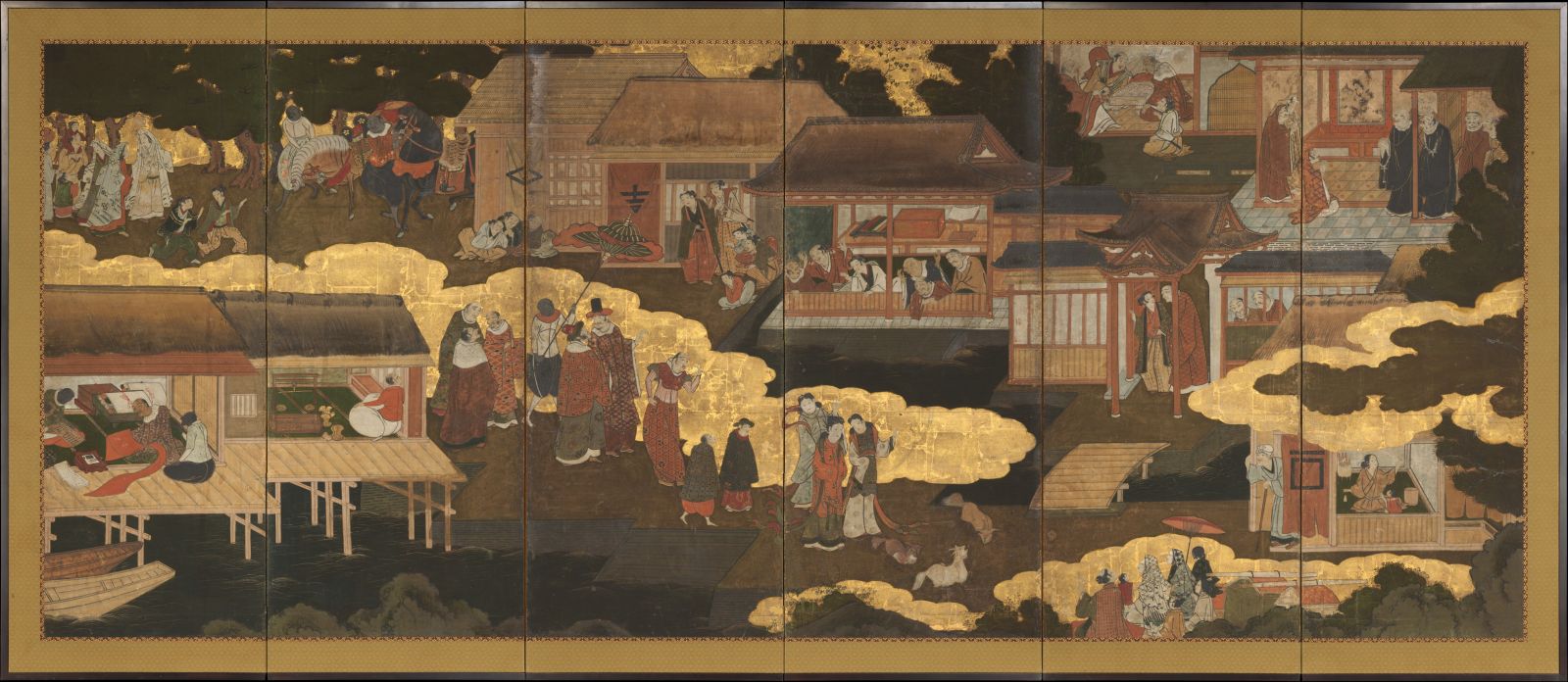Institute of Oriental Studies

The Institute of Oriental Studies carries out research in a number of areas, including:
- Arabic linguistics, literature and culture, early Arab poetry, classical Arabic rhetoric, Islamic studies, Islam law, Islamic philosophical and mystical literature, the civilization of Al-Andalus,
- history of oriental studies in Europe,
- rhetoric and propaganda of terrorist organizations in the Middle East;
- historical syntax and typology of Indo-Aryan languages, Hindi literature (esp. women’s and autobiographical), Sanskrit epics, Indian philosophy and classical Hathayoga, cultural anthropology of South India, and comparative studies of ancient India and Greece;
- translation and translational studies of Korean and Malay languages, Korean language & linguistics, literature and culture,
- sociolinguistic comparative studies of Indonesian and Malay(sian) languages, their regional varieties, ritual language and specialized languages;
- Japanese linguistics and literature, descriptive and historical grammar of Japanese, epistemicity and evidentiality in Japanese, classical Japanese theater, interdisciplinary research on the border of cultural anthropology, theater studies, sociology, political science, religious studies and philosophy of Japan, cultural construction of political discourses, relations between Japanese literary and non-literary discourses,
- languages and cultures of Turkey and Turkic ethnies and languages areas in Eastern Europe, Crimea, Central Asia, Russia and China, Kazakh language and culture, minority studies,
- anguage policy and language planning in countries, regions and communities of Europe, Asia, North America, and comparatively – the rest of the world;
- sociolinguistics of endangered, regional and minority languages, microlanguages, language borderlands; acquisition and glottodidactics of Asian and minority languages; language documentation and revitalization;
- Karaim studies;
- onomastics, especially anthroponomics (in a historical, political-linguistic, sociolinguistic, comparative and cultural perspective, incl. the context of Polish-Lithuanian language relations), naming policy, mainly in anthroponymy and urbanonymy;
- Chinese linguistics and literary studies, linguistic & dialectal situation and language policy of China, Chinese and Sinographic writing systems of East Asia, Chinese classical and contemporary literature, Chinese and Taiwanese theater;
- international organizations in the Asia-Pacific region, growing importance of Asia for world politics and contemporary problems of politics and security in the Far East.
An ambitious project currently carried out at the Institute comprises preparation of a new Polish-Chinese dictionary, in collaboration with the Confucius Institute, as well as a cognitive dictionary of pictographic scripts and the writing systems in China.